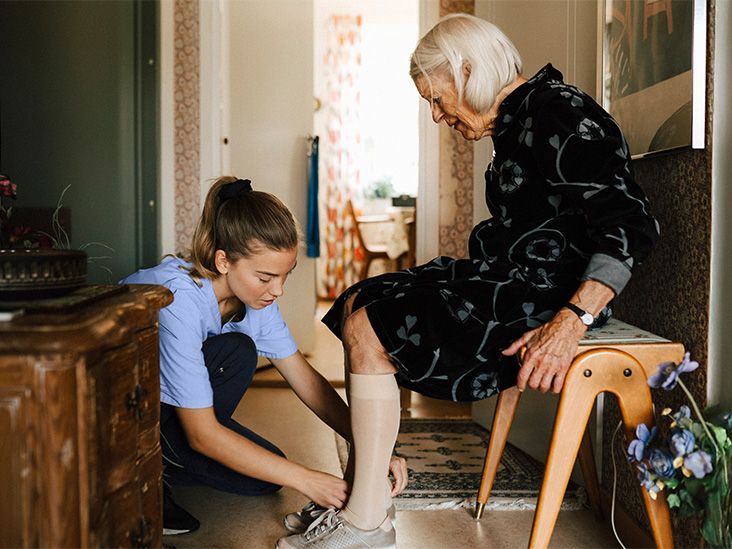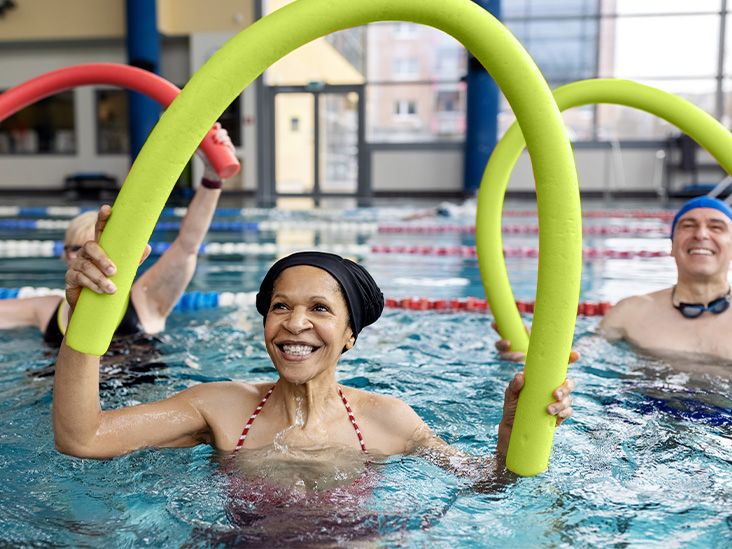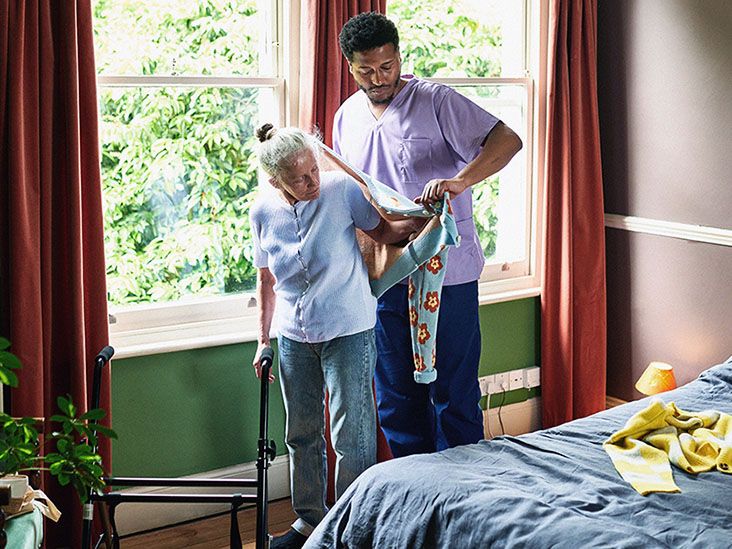How Crossword Puzzles Can Help Prevent Memory Loss and Cognitive Decline
As we age, mild memory loss and slower thinking become more common. While some degree of cognitive decline is normal, there are lifestyle habits that can help keep your mind sharper for longer.
Challenging mental activities like crossword puzzles have been shown to boost brain health. In fact, regular crosswording may help prevent memory problems and reduce age-related cognitive decline.
Read on to understand why crosswords are good for your brain and how incorporating them into your routine can support long-term brain health.
Crosswords Exercise Your Brain
Your brain, just like your muscles, requires regular exercise to function at its best. Mental stimulation causes your brain to make more connections and keeps your mind active.
Crossword puzzles provide excellent brain exercise that engages multiple cognitive skills at once, including:
- Language: vocabulary, spelling, grammar
- General knowledge
- Memory recall
- Visual-spatial relationships
- Working memory
- Critical thinking
- Information processing speed
The combined mental challenge of decoding clues, retrieving facts, strategizing, and filling the crossword engages the brain in a way that watching TV or other passive activities cannot.
Crosswords May Help Maintain Brain Volume
Research suggests that regularly challenging your brain with mentally stimulating activities can actually help maintain brain structure and volume.
For example, a 2013 study found healthy older adults who did crosswords four days per week for a year maintained more gray matter volume compared to those who did fewer puzzles.
Since gray matter houses your neurons, preserving volume in these areas may translate to better cognitive function long-term.
Crosswords Can Improve Memory
Crosswords provide a specific benefit for memory by "exercising" your ability to recall obscure facts and forgotten words.
Completing crossword clues requires searching your long-term memory and pulling information into working memory to evaluate the answer.
In fact, a large 2011 study found healthy adults who did crosswords showed greater improvements in memory recall compared to those who did acrostics or word searches.
Crosswords May Reduce Cognitive Decline
Research dating back decades shows people who regularly engage in mentally challenging activities experience slower age-related memory decline.
According to one 5-year study in over 700 seniors, doing crosswords and other puzzles was linked to better maintenance of cognitive skills, compared to no mental activities.
Another study found frequent crosswording in aging adults was associated with better retention of historical knowledge. Mental activities may help protect informational domains most vulnerable to aging.
Crosswords Can Boost Processing Speed
It's normal for mental processing speed and quick thinking to decline slightly as you get older. However, regularly flexing your brain can minimize these changes.
In one study, adults aged 65-94 showed significant improvements in processing speed over 2 years from simple cognitive activities like crosswords and card games.
The mental quickness needed to efficiently solve crossword clues seems to translate to faster thinking speed overall.
Crosswords May Stave Off Dementia and Alzheimer's
Some research indicates that engaging in mentally stimulating hobbies like crosswords puzzles could potentially delay the onset of dementia and Alzheimer's disease.
One 5-year study followed nearly 500 seniors with mild cognitive impairment. Those who did crosswords, chess, or cards for at least 6 hours per week had a 30-50% lower risk of developing dementia.
More studies are needed, but challenging the brain regularly with crosswords may help strengthen cognitive reserve and delay symptoms of neurodegenerative disorders.
Crosswords Can Improve Mood and Reduce Anxiety
Mental activities like crosswords not only sharpen your thinking skillsthey can also boost your mood and emotions.
One reason is that solving challenging crossword clues gives your brain positive reinforcement and activates your brain's reward centers.
Additionally, focused crossword puzzling can serve as a form of meditation that takes your mind off stressful thoughts. Many crossworders find the activity relaxing and stress-reducing.
Crosswords Are Accessible and Fun
Crossword puzzles have stood the test of time and remain one of the world's most popular brain games for good reason.
Almost anyone can do crosswords regardless of background or education level. All you need is a pencil, paper, and basic literacy skills.
Plus, solving crosswords provides a sense of meaning and accomplishment. You can easily track your progress and improvement over time.
Unlike flashy digital games, crosswords don't require any expensive equipment or learning new programs. This simplicity makes crosswords an approachable, enjoyable way to sharpen your mind.
How to Incorporate Crosswords into Your Routine
Doing crossword puzzles regularly is easy to integrate into your normal daily schedule. Here are some tips:
- Set aside a consistent time for crosswords, like over morning coffee or tea.
- Keep a book of crossword puzzles handy by your favorite chair or sofa.
- Try alternating between easy and more challenging puzzles.
- On the go? Download a crossword app to do puzzles during spare moments.
- Designate a special crossword time with a loved one or form a crossword club.
- Mix it up with other word games like Scrabble, Wordle, Spelling Bee, and Boggle.
Aim to do a crossword puzzle at least four days per week for maximum brain benefits.
Other Ways to Boost Brain Health
Crosswords give your cognitive skills a great workout, but a comprehensive approach to brain health includes other healthy habits as well, like:
- Following a Mediterranean-style diet high in fish, nuts, olive oil, fruits, and vegetables.
- Exercising regularly to increase blood flow and oxygen to the brain.
- Getting quality sleep and managing stress.
- Staying socially engaged and learning new skills.
Be sure to also get regular vision, hearing, and health screenings to catch age-related issues early.
The Bottom Line
Crossword puzzles offer an enjoyable and accessible way for people of all ages to activate their brains. The unique mental challenge improves memory, processing speed, mood, and overall cognitive function.
Regular crosswording won't prevent normal aging, but can potentially help minimize cognitive decline. Incorporate crosswords and other mentally stimulating activities into your daily routine for long-term brain health.
FAQs
How often should I do crossword puzzles?
Aim for at least 4 days per week for cognitive benefits. Be consistent and set aside a regular daily crossword time.
At what age should I start crosswords?
Any age is great to begin crosswords! Starting earlier creates a lifelong habit for better long-term brain health.
Are crosswords better than other puzzles?
Crosswords engage the brain in unique ways. But variety is good - mix in other word games, Sudoku, jigsaw puzzles, and card games too.
Will crosswords prevent Alzheimer's disease?
While research is promising, crosswords likely only lower risk and delay onset. Genetics and other factors also affect Alzheimer's risk.
Can crosswords improve my mood and reduce stress?
Yes! Crossword puzzling can relax your mind, improve your mood, and provide a sense of accomplishment.
Disclaimer: This article is for informational purposes only and does not constitute medical advice. Always consult with a healthcare professional before starting any new treatment regimen.
Related Coverage
Get clear info on Medicare North Carolina 2025 plans, costs, and coverage options to help you choose the best fit....
Learn how to enroll in Medicare using SelectQuote’s services and make informed decisions about your healthcare coverage....
Find the best Medicare in Tennessee options for you. Compare plans, enrollment periods, and coverage to make informed decisions....
Learn what Medicare home care services are covered, eligibility requirements, costs, and how to get started with home health benefits....
Stay safe with medication safety for seniors. Get practical tips to manage prescriptions, avoid interactions, and protect your health....
Fruit and vegetable supplements can help fill nutrition gaps but shouldn't replace whole foods. Learn how to pick quality supplements for maximum benefit....
Aquatic exercises for seniors offer low-impact workouts that boost mobility, strength, and mental well-being. Start your water fitness journey today....
Aging in place lets you stay in your home safely with the right planning, support, and simple modifications. Start your journey today....
Find the best Maryland Medicare plans for your needs. Compare options like Medicare Advantage, Medigap, and Part D to choose wisely....
Facing Medicare problems? The Medicare Ombudsman helps resolve unresolved issues with coverage, billing, and claims....









